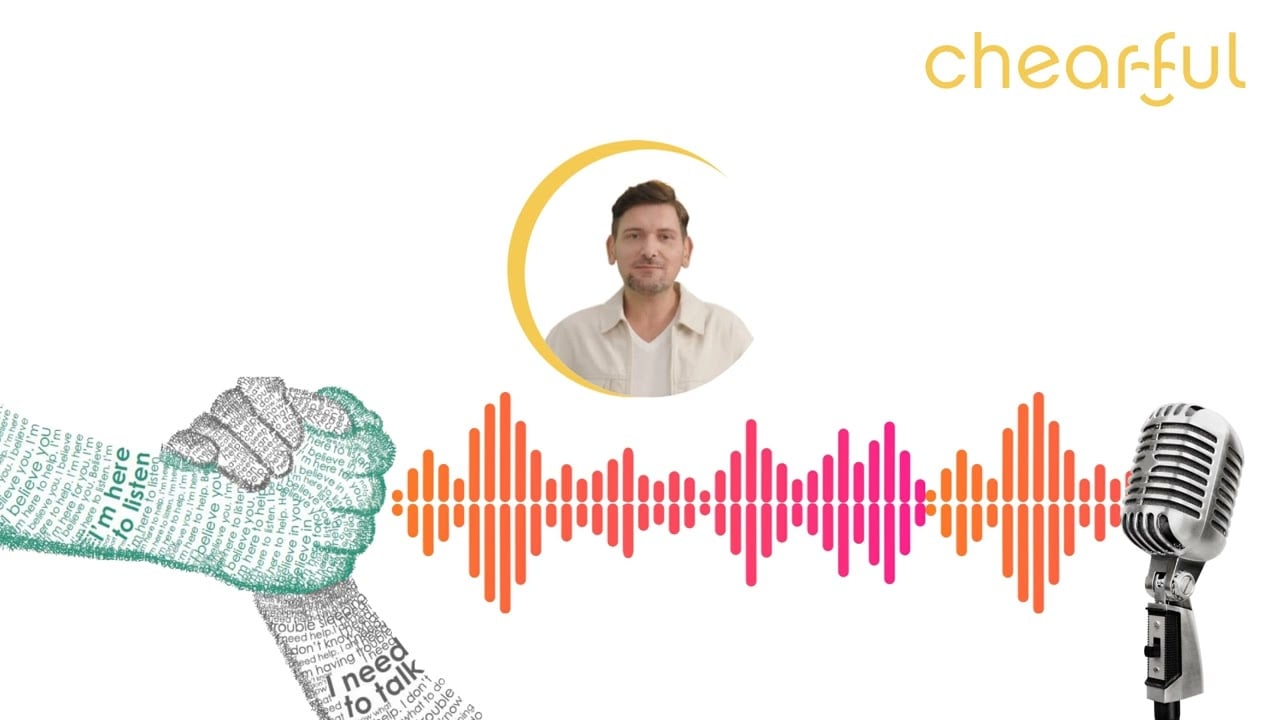
Dissociative Disorder is a psychological state that is characterized by a disconnect between a person’s thoughts, emotions and behaviors.
The characteristics can include:
- Depersonalization is when a person has the feeling of being outside of oneself, observing any actions, feelings or thoughts from a distance.
- Derealisation is when a person feels the world around is unreal. People and things may seem "lifeless" or "foggy".
- People with dissociative amnesia may have periods of “missing” time, and they cannot remember past events or things about themselves.
- Dissociative Identity Disorder (DID) was previously called multiple personality disorder, and occurs when 2 or more separate identities are present.
Triggers - The Causes
Environmental - Natural disasters and combat can cause dissociative disorders.
Childhood Exposure - Most often form in children exposed to long-term physical, sexual or emotional abuse.
Biological - A tendency to respond physically to trauma than psychologically
Symptoms - What it looks like
- Memory loss (amnesia) of certain time periods, events, people and personal information
- A sense of being detached from oneself and their emotions
- A marked inability to cope well with emotional stress
- Mental health problems, such as depression, anxiety, and suicidal thoughts and behaviors
- A perception of people and things as distorted and unreal
Treatment - The way to healing
- A physical exam and medication for associated complications
- Psychotherapy and talk therapy
- Mindfulness, meditation and other relaxation techniques to help manage the symptoms
- Medications
Famous Names - We are not alone
Articles
Build your awareness and get inspired with our researched articles on how you can strengthen your well-being

 12823 Read
12823 Read









